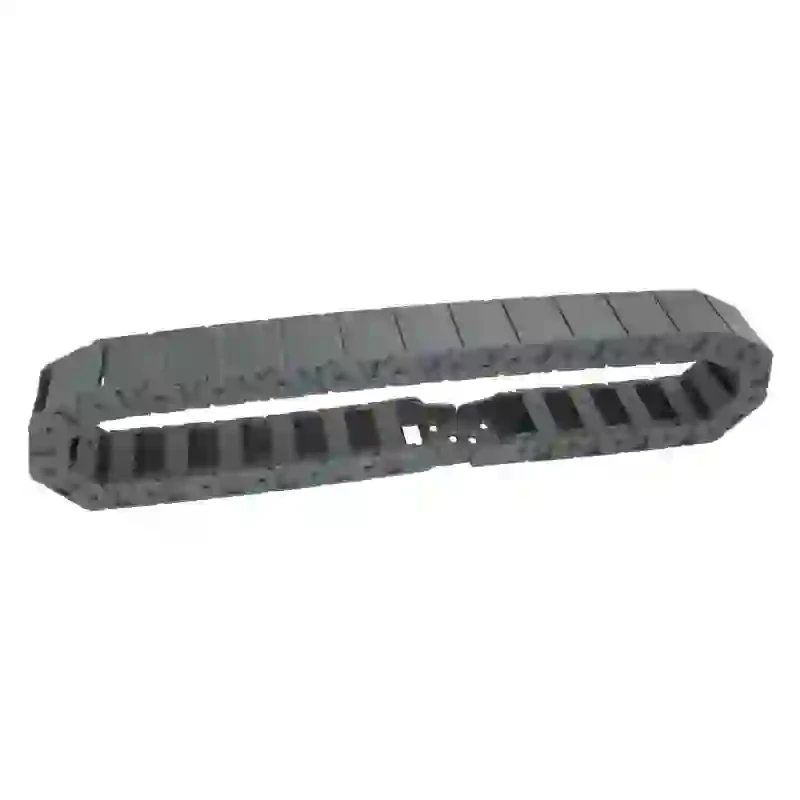accordion bellows cover
Understanding Accordion Bellows Covers Purpose, Benefits, and Applications
Accordion bellows covers are protective enclosures used primarily in machinery and equipment, designed to shield vulnerable components from dirt, dust, moisture, and mechanical damage. These flexible coverings resemble the folds of an accordion, allowing them to expand and contract as machinery operates. While they may seem like simple components, their role is crucial in maintaining the longevity and efficiency of various mechanical systems.
The Purpose of Accordion Bellows Covers
The primary purpose of accordion bellows covers is to provide protection. In many industrial applications, machines are exposed to harsh environments, including metal shavings, water, and chemical splashes. Without adequate protection, these elements can lead to corrosion, wear, and ultimately failure of critical machine parts. Accordion bellows covers are crafted from durable materials that can withstand these conditions, ensuring that internal mechanisms remain functioning optimally.
Additionally, these covers help to maintain safety in the workplace. By enclosing moving parts, accordion bellows covers minimize the risk of accidental contact with operators or maintenance personnel. This is particularly important in environments where heavy machinery is used, as the potential for injury can be significant.
Benefits of Accordion Bellows Covers
1. Durability and Longevity Made from materials such as rubber, neoprene, or specialized fabrics, accordion bellows covers are designed for durability. They can endure exposure to extreme temperatures, chemicals, and mechanical stress without degrading. This resilience prolongs the life of the machinery they protect.
2. Flexibility The accordion design allows these covers to flex and move as machinery operates. This feature makes them suitable for applications involving linear motion, where the cover needs to accommodate fluctuations in length and shape.
3. Customization Accordion bellows covers can be tailored to fit specific machines and applications. Manufacturers often provide options regarding size, material, and design, allowing businesses to select the perfect cover for their needs.
accordion bellows cover

4. Cost-Effective Solution Investing in accordion bellows covers can save companies money in the long run. By preventing damage and minimizing wear and tear on machinery, these covers help reduce maintenance costs and downtime, ultimately enhancing productivity.
Applications of Accordion Bellows Covers
Accordion bellows covers find applications across various industries. In manufacturing, they protect linear guides and ball screws in CNC machines. In the automotive sector, they are used to guard sliding components, steering systems, and other critical areas prone to contamination.
Additionally, they are prevalent in the robotics sector, where protecting sensitive parts from debris and dirt is essential for maintaining precision and functionality. Other applications include
- Medical Equipment In hospital settings, where cleanliness is paramount, accordion bellows covers protect vital components of equipment from contaminants. - Aerospace Bellows covers shield complex mechanisms in aircraft from harsh environmental conditions during flight and on the ground.
- Construction Equipment Heavy machinery operates in rugged environments, making the protection of hydraulic cylinders and other sensitive areas crucial. Accordion bellows covers help ensure reliability and safety in these applications.
Conclusion
In summary, accordion bellows covers play an essential protective role in various industries, ensuring machinery operates smoothly in adverse conditions. Their durability, flexibility, and customization options make them a practical choice for businesses looking to improve equipment longevity and reduce maintenance costs. As technology evolves and new materials emerge, the design and efficiency of accordion bellows covers will likely continue to advance, further solidifying their place as vital components in industrial applications.








